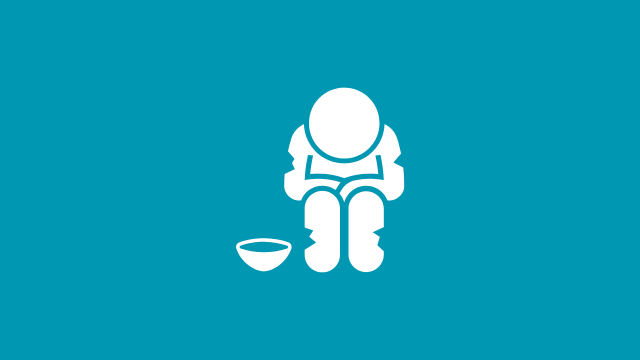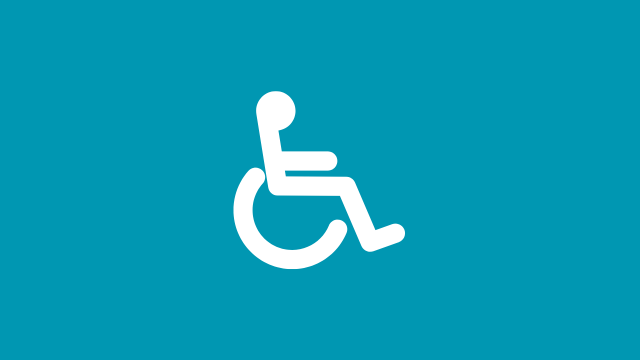|
Brussels, |
|
The European Union is committed to supporting and complementing member states' activities in the fields of social inclusion and social protection. The EU's policy framework for social inclusion and protection is based on the European Pillar of Social Rights, which sets out 20 key principles and rights essential for fair and well-functioning labour markets and social protection systems. The third chapter of the Pillar covers four principles most relevant to social protection and inclusion.
The European Pillar of Social Rights Action Plan seeks to turn the Pillar principles into concrete actions to benefit citizens. The Action Plan includes three 2030 targets in the areas of employment, adult education, and poverty, building on the Europe 2020 strategy for smart, sustainable, and inclusive growth. The 2030 poverty target aims to reduce the number of people at risk of poverty or social exclusion by at least 15 million by 2030, out of which at least 5 million children.
To monitor the implementation of the Pillar, an updated Social scoreboard was put forward by the European Commission in the beginning of 2021 and endorsed by the Ministers of Employment and Social Affairs of the European Union in June 2021. The Social scoreboard reflects the Pillar structure and contains a dedicated set of indicators in the area of social inclusion and protection.
The EU works together with member states through the Social Protection Committee using the Open Method of Co-ordination in the areas of social inclusion, health care and long-term care, and pensions. The social OMC is a voluntary process for political cooperation based on agreeing common objectives and measuring progress towards these goals using common indicators. The implementation of policy reforms is supported by the European structural and investment funds, in particular the European Social Fund Plus (ESF+), and the Recovery and Resilience Facility.
Source: European Union, http://www.europa.eu/, 1998-2024
|
Brussels - Milano - Nice - Tokyo
|
eEuropa Belgium
Avenue Louise, 367 1050 Brussels BELGIUM Bld. Franck Pilatte, 19 bis
06300 Nice FRANCE YONO HOUSE 9-1 KAMIOCHIAI, SAITAMA-SHI, SAITAMA-KEN 〒 338-0001 JAPAN Via S. Veniero 6 20148 Milano ITALY |
All rights reserved - © Copyright eEuropa Belgium 2020-2024






